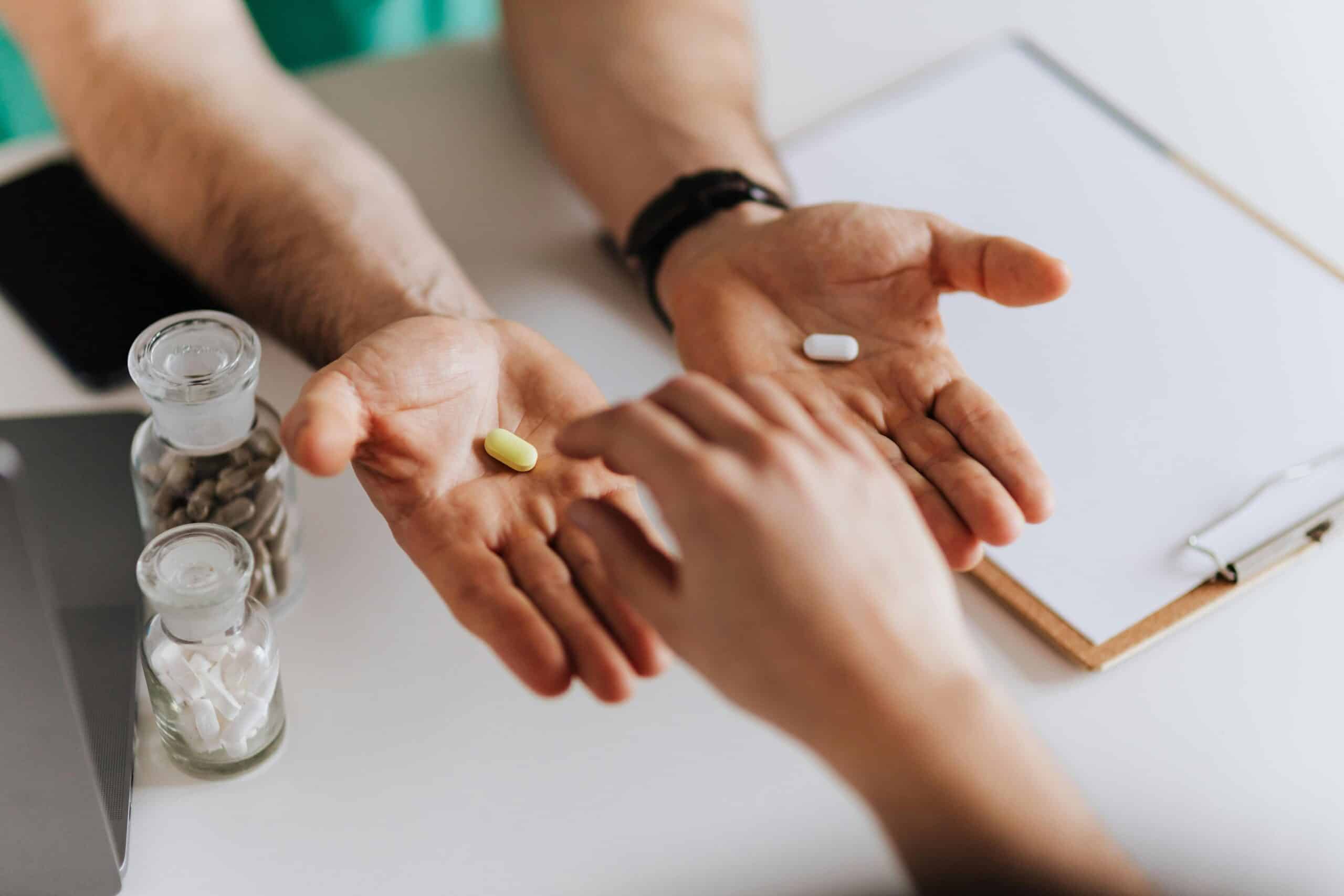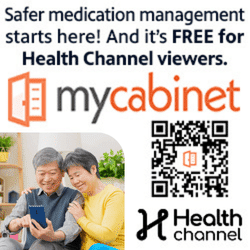Medication Safety: Avoid Common Mistakes and Stay Safe |

Taking medication is an essential part of managing many health conditions, but it’s important to do so safely to ensure effectiveness and avoid potential risks. Medication errors are more common than you might think and can lead to serious health complications. By understanding how to use medications responsibly, you can protect yourself and your loved ones.
Common Medication Mistakes
Even with the best intentions, mistakes can happen when it comes to medications. Here are some common errors and how to prevent them:
- Skipping Doses
Problem: Forgetting to take a dose can reduce a medication’s effectiveness, especially for chronic conditions like diabetes, hypertension, or infections.
Solution: Use a pill organizer or set alarms on your phone as reminders. Some apps can also send notifications to keep you on track.
- Taking the Wrong Dose
Problem: Taking too much or too little of a medication can lead to under-treatment or dangerous side effects.
Solution: Always double-check the prescribed dose and use proper measuring tools for liquid medications instead of household spoons.
- Mixing Medications Without Guidance
Problem: Certain medications can interact with each other, leading to reduced effectiveness or harmful side effects.
Solution: Inform your healthcare provider and pharmacist about all medications you’re taking, including over-the-counter drugs, vitamins, and supplements.
- Using Expired Medications
Problem: Expired medications may lose their potency or even become harmful.
Solution: Regularly check expiration dates and dispose of expired medications safely, following local disposal guidelines.
- Stopping Medication Prematurely
Problem: Discontinuing antibiotics or other treatments early can lead to relapse or drug resistance.
Solution: Follow your healthcare provider’s instructions and complete the full course of medication, even if you start feeling better.
- Not Reading Labels or Instructions
Problem: Misunderstanding usage directions can lead to incorrect administration or dangerous side effects.
Solution: Take the time to read the medication label carefully. If you’re unsure about any instructions, ask your pharmacist or doctor.
Best Practices for Medication Safety
Here are some additional tips to ensure medication safety:
- Keep a Medication List
Maintain a list of all medications you’re taking, including dosages and schedules. Share this list with your healthcare provider during visits to avoid drug interactions or duplications.
- Store Medications Properly
Keep medications in a cool, dry place unless otherwise instructed. Some medications require refrigeration, so be sure to check the storage guidelines.
- Be Aware of Side Effects
Educate yourself about potential side effects and know what to do if they occur. Report any unusual symptoms to your healthcare provider immediately.
- Avoid Sharing Medications
Medications are prescribed based on an individual’s health condition, weight, and other factors. Sharing medications can lead to adverse reactions or inadequate treatment.
- Secure Medications at Home
Keep medications out of reach of children and pets. Use child-resistant caps and store medications in a locked cabinet if necessary.
When to Seek Help
It’s crucial to recognize when you need professional assistance regarding your medications. Contact your healthcare provider or pharmacist if:
- You experience unexpected side effects.
- You miss a dose and are unsure how to proceed.
- You are considering stopping or changing your medication.
- You are unclear about any instructions or warnings.
Medication safety is a shared responsibility between you and your healthcare team. By staying informed and vigilant, you can reduce the risk of errors and ensure your medications work effectively. Always follow your doctor’s advice, and don’t hesitate to ask questions if you’re unsure about any aspect of your treatment.
You might also be interested in









